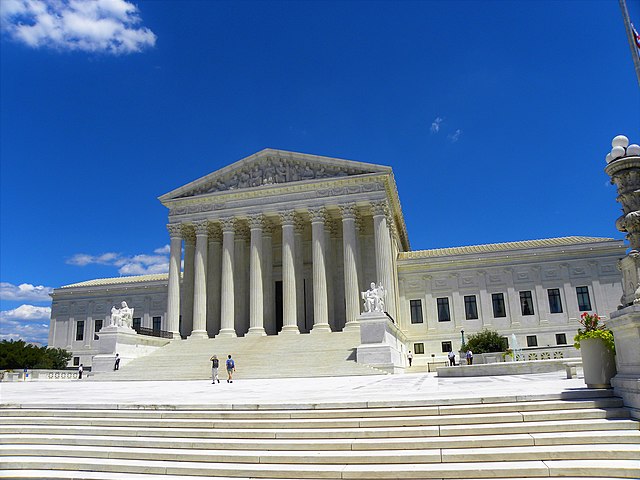A devastating terrorist attack in Paris eight years ago has resurfaced in the current discussions surrounding tech companies. A family of a victim is suing the tech giant Google in order to prevent their involvement in any future attack.
On Nov. 13, 2015, a coordinated attack by three groups of three terrorists struck Paris. One group attacked the national stadium of France, another attacked crowded cafes and restaurants and the final and most deadly attack took over the Bataclan theater. During the almost four hour series of attacks, 129 people were killed and 416 were injured.
Nohemi Gonzalez, a 23 year old American student studying abroad, was one of many victims killed in the attack on the cafes and restaurants. The Gonzalez family has sought justice in an unexpected way: a lawsuit directed at Google
While it is true the perpetrators of the tragedy are behind bars or deceased, the ways they were indoctrinated has not been reformed at all in the eight years since the attack.
The attacks were perpetrated by the Islamic State (otherwise known as ISIS), an organization who recruits many through online means like YouTube.
The Gonzalez family is suing Google at the highest level: the United States Supreme Court. With YouTube being a part of Google and its parent company Alphabet, the Gonzalez family has decided to sue the entire company for allowing the perpetrators to be recruited through their platforms.
They brought their lawsuit under the Antiterrorism Act, arguing that Google, by recommending ISIS videos to users through its algorithms, aided in ISIS’s recruitment. The family argued that by allowing terrorist groups to post videos on YouTube that incited violence, Google enabled them and who sought to recruit potential new members.
In response, Google is fighting back with section 230 of the Communications Decency Act of 1996.
The act, established in the infantile age of the internet, provides immunity for online computer services with respect to content generated by its users. The section states, “no provider or user of an interactive computer service shall be treated as the publisher or speaker of any information provided by another information content provider.”
To put it simply, the computer service providers have no legal liability towards the information being spread on their websites that are not from the providers themselves.
A section created in the nativity of the early days of the internet. The internet was never expected to become this large, much less have the capacity to recruit terrorist cells, and now this section protects the companies benefiting from it.
DissentersMany say section 230 is far too outdated for the current stage of the internet and its capabilities. Dissenters of section 230 say it protects companies whofrom allowing tragedies to occur.
This is not the first time section 230 has been brought up in the modern day conversation about social media companies.
In 2017, Facebookfacilitated the Rohingya Muslim genocide in Myanmar.
The Burmese military had killed 25,000+ and displaced 700,000+ Muslim residents of Myanmar. The Islamophobic sentiment leading up to the genocide was said to be have stirred by Facebook and their algorithms.
An Amnesty International report that details Facebook and Meta’s involvement in genocide is significant enough to warrant legal persecution similar to the Google case.
Facebook’s algorithms had been pushing Islamophobic posts, misinformation and sentiment to the citizens of the country who used the website for primary communication.
The hateful inculcation of the citizens had increased the support for the government conducted genocide of the Muslim minority.
Even in this case, section 230 protects the corporation from the legal ramifications of allowing this type of content to be permitted.
The Google and Gonzalez case is bringing about a powerful conversation on the entire way we police internet corporations, especially the large social media companies.
An overhaul of section 230 will completely change the way the internet works. Even in the case of a small change, companies will be forced to be more strict on what is allowed and promoted.
The internet has opened the door to so many possibilities, a large majority positive, but itsthe ability to enable the carrying out of tragedies is something that many say is the worst problem with the internet.
As SCOTUS hears the Gonzalez v. Google case, the American corporations and populace have nothing but to wait to see whether our internet will change forever or not.









